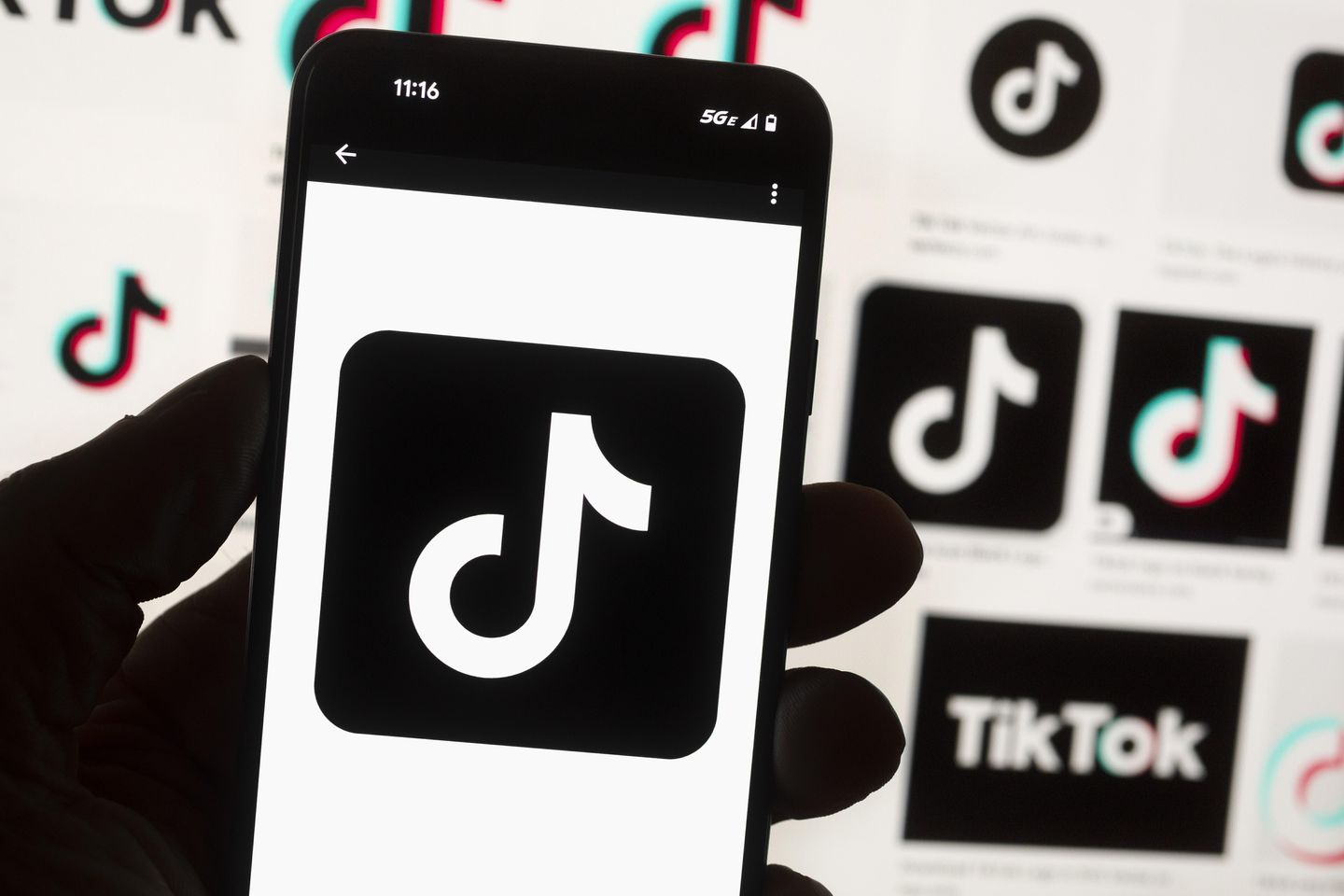TikTok, the video-sharing app owned by Chinese company ByteDance, is facing scrutiny and potential bans in the United States due to concerns about national security and data privacy. The U.S. government has raised concerns about TikTok’s data collection practices and its ties to the Chinese government, leading to calls for the app to be banned or for its parent company to divest its U.S. operations. This legislation could have far-reaching consequences for TikTok, which has become extremely popular among American users.
The threat of a nationwide ban on TikTok in the U.S. is the latest in a series of challenges that the app has faced in various countries around the world. TikTok has been banned in India, its largest market outside of China, as well as in other countries like Indonesia and Bangladesh. These bans have been driven by concerns about the app’s content and its potential to spread misinformation or facilitate illegal activities. The U.S. government’s concerns about TikTok are focused on national security and data privacy, with fears that the app could be used by the Chinese government to collect sensitive information about American users.
ByteDance, the parent company of TikTok, is facing pressure to divest its U.S. operations in order to address these concerns and avoid a nationwide ban. This would be a significant blow to TikTok, which has over 100 million users in the U.S. and has become a cultural phenomenon among young people. The app has been credited with launching viral trends, popularizing new music, and providing a platform for creators to showcase their talents to a global audience. A ban on TikTok in the U.S. would not only impact the app’s users and creators, but also the broader social media landscape.
The potential ban on TikTok in the U.S. is part of a larger trend of governments around the world taking a closer look at the practices of tech companies, particularly those based in China. The Chinese government has faced accusations of using technology for surveillance and censorship, leading to concerns about the influence of Chinese companies on global platforms. The U.S. government’s actions against TikTok are part of a broader effort to address these concerns and protect national security interests. However, critics argue that the ban on TikTok is driven more by political motivations than genuine concerns about data privacy or national security.
In conclusion, TikTok is facing a major threat in the U.S. as authorities consider banning the app or forcing its parent company to divest its American operations. This would be a significant blow to TikTok, which has become a cultural phenomenon and a key player in the social media landscape. The potential ban on TikTok is part of a larger trend of governments around the world scrutinizing the practices of tech companies, particularly those based in China. The outcome of this legislation will have far-reaching consequences for TikTok and its millions of users in the U.S. and beyond.









